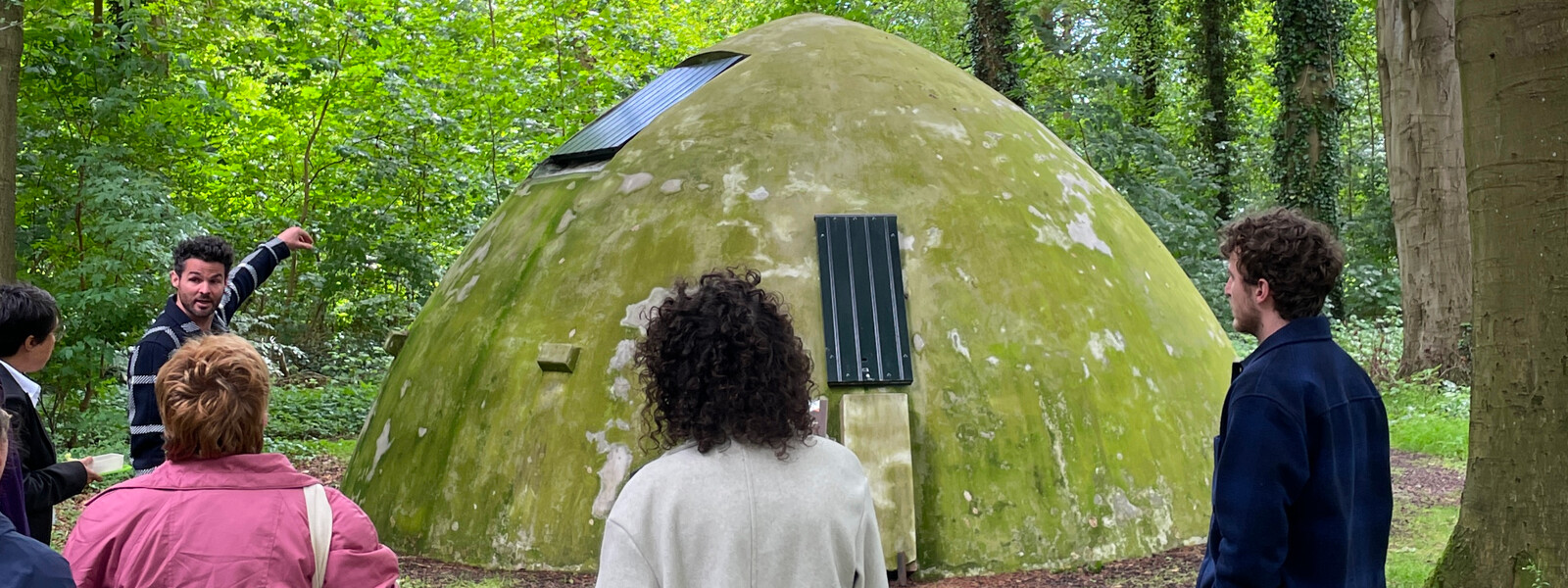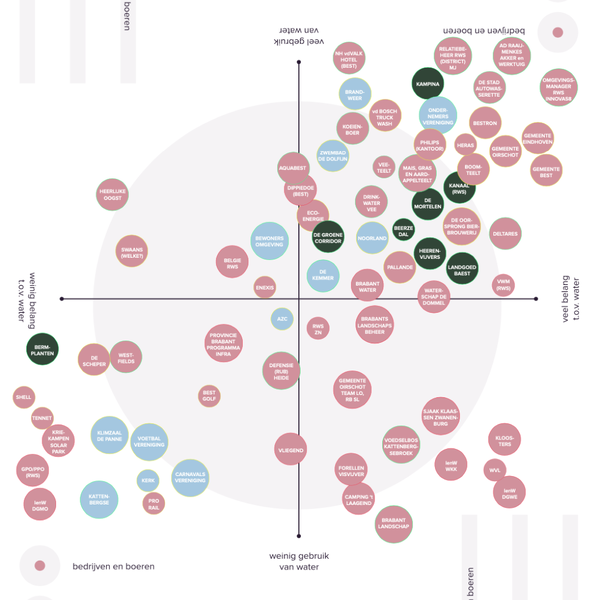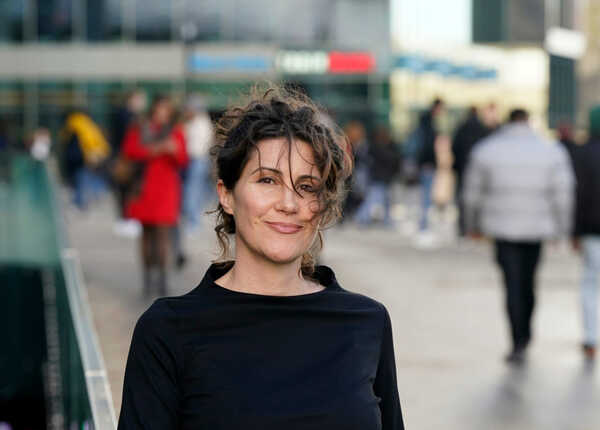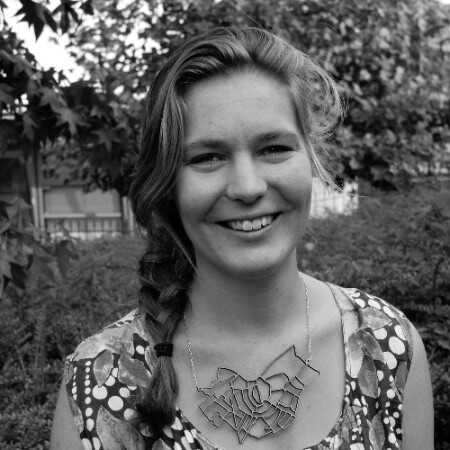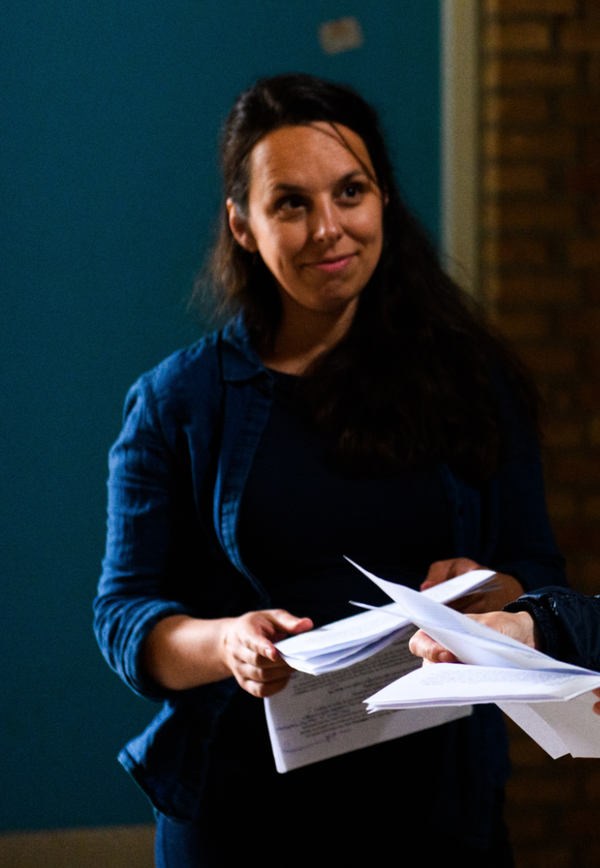Professorship Design and Social Innovation
PROJECTS
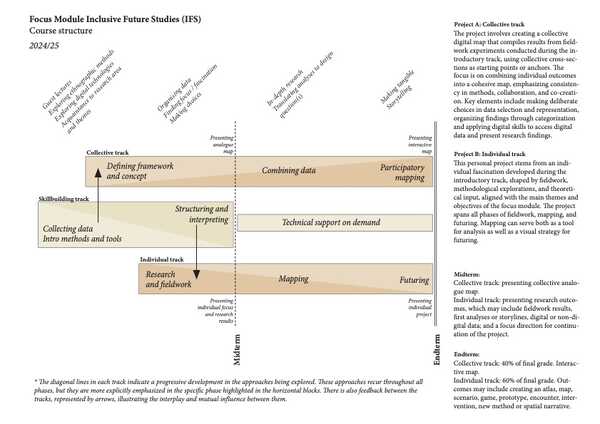
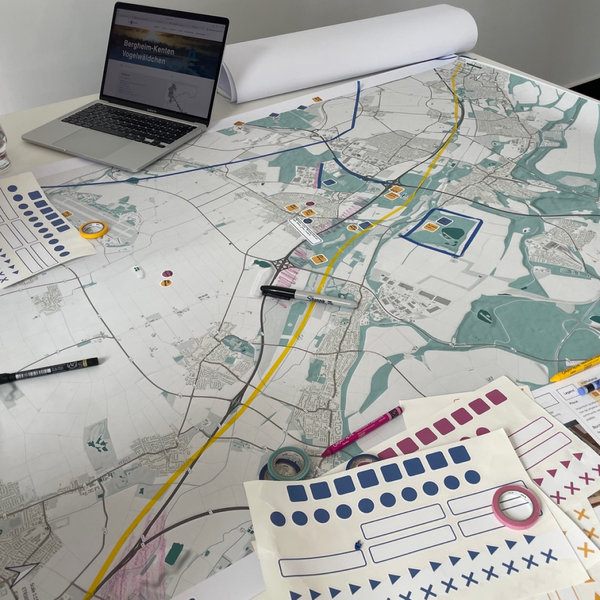
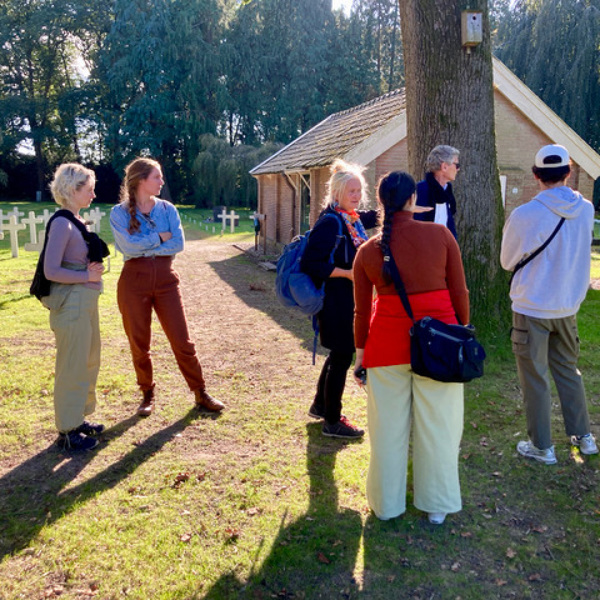
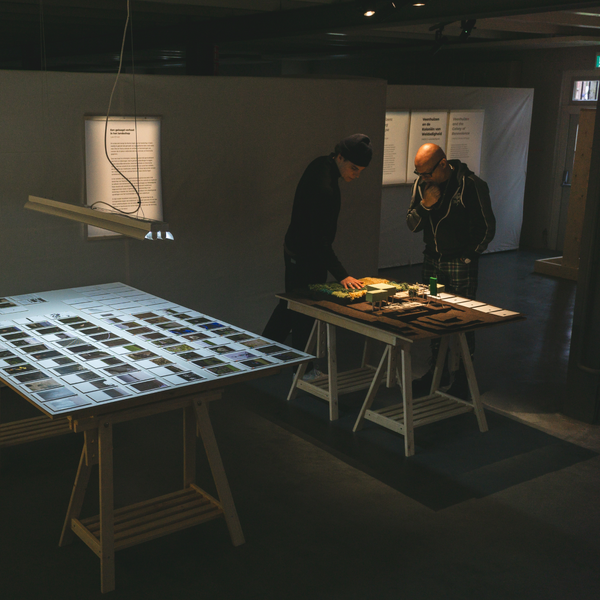
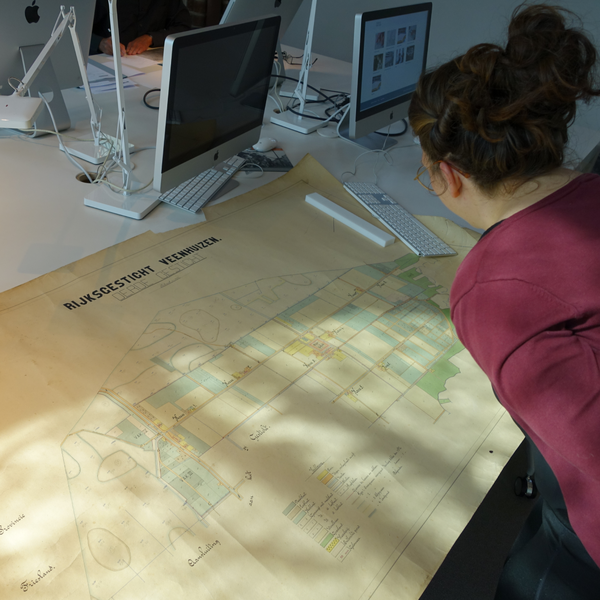
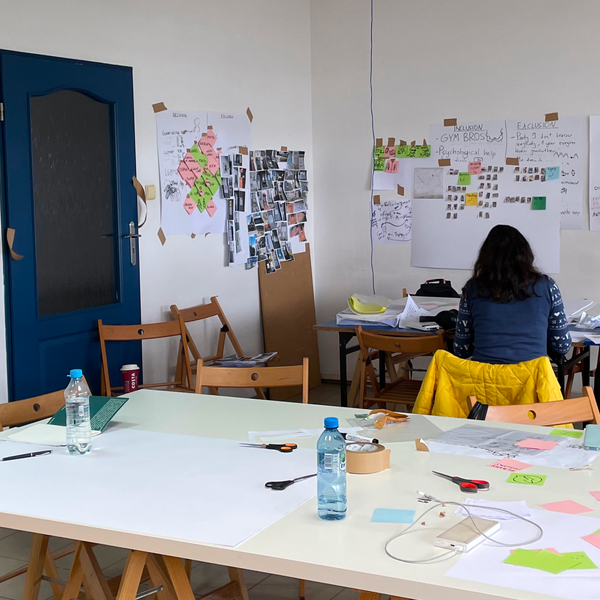
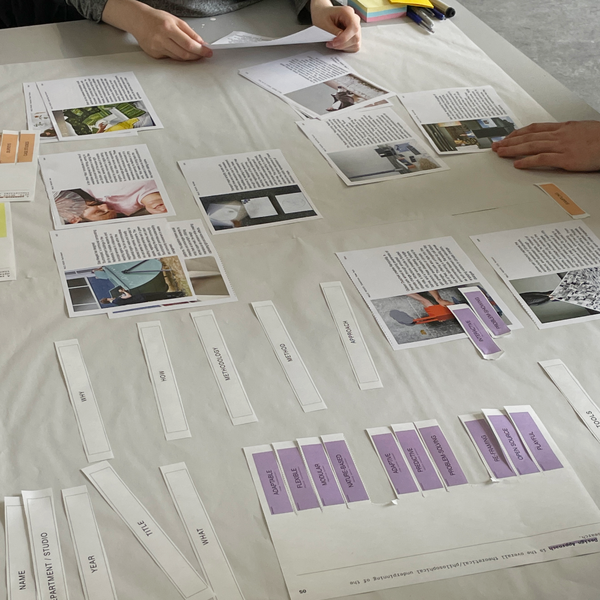
ADVANCING SOCIAL INNOVATION THROUGH RESEARCH, EDUCATION AND SOCIETY
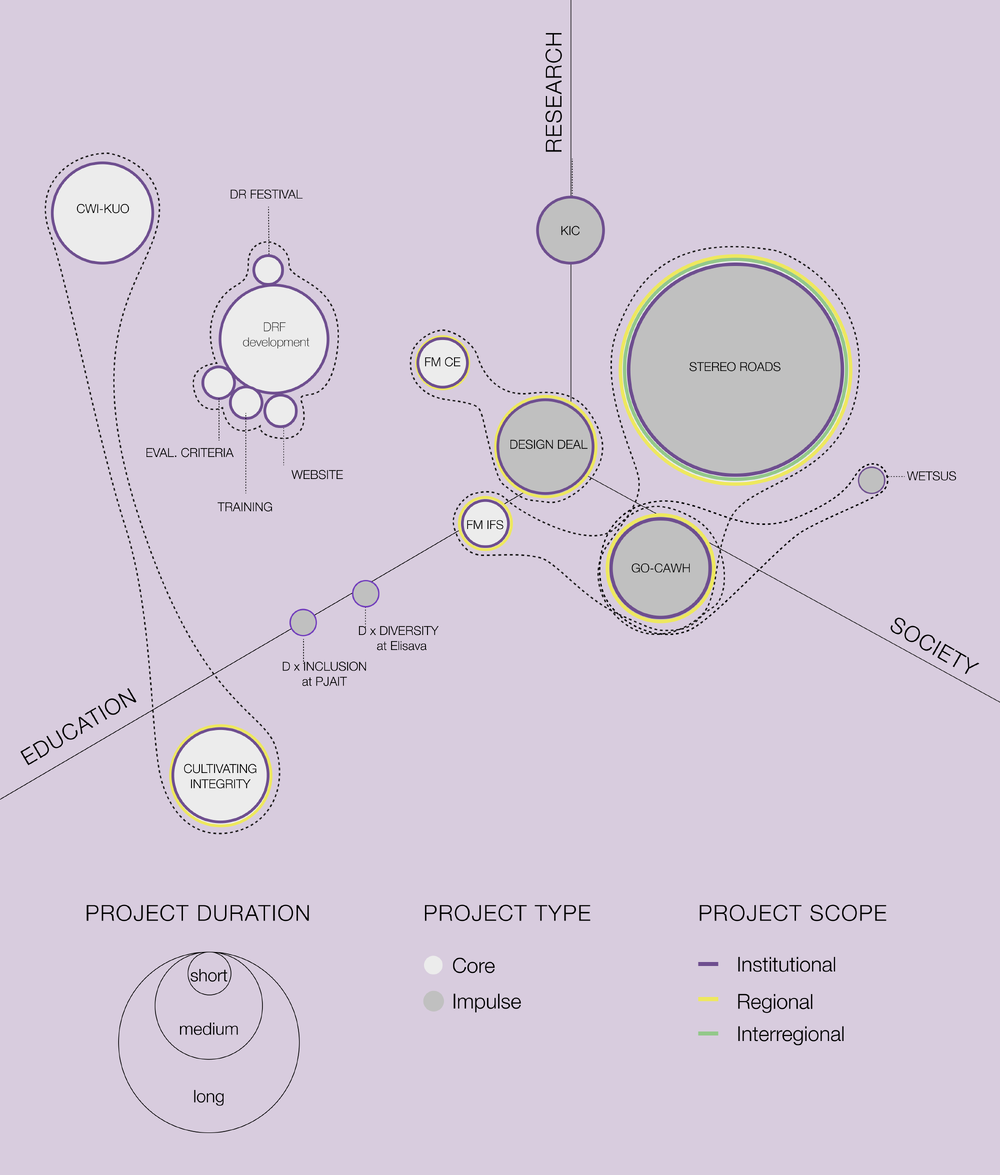
Figure 1 offers an overview of the Social Innovation Lab’s projects, highlighting their strategic positioning at the intersections of research, society, and education. The Social Innovation Lab adopts a multifaceted approach to addressing social issues, ensuring that each project engages with diverse communities and perspectives, with a strong emphasis on inclusivity and diversity.
The deliberate placement of projects at the intersections of research-education, education-society, and society-research serves specific and meaningful purposes:
Research-Education Intersection:
Projects at this intersection aim to close the gap between theoretical research and practical application in educational settings. These initiatives may involve developing curricula, advising on assessment criteria, or informing curriculum changes and codes of conduct based on research insights. This intersection fosters a dynamic exchange between academic inquiry and educational practice, ensuring that research informs teaching and vice versa.
Education-Society Intersection:
Projects in this space focus on harnessing education as a tool for societal change. Examples include community outreach initiatives and programs aimed at fostering social equity. This intersection highlights the dual role of education: as both a driver of social transformation and a beneficiary of societal insights.
Society-Research Intersection:
At this intersection, projects emphasize exploring societal issues through empirical research methods such as ethnography, archival work, and digital methodologies. Here, the relationship between society and research is mutually influential—societal challenges shape research questions, and research outcomes, in turn, contribute to understanding and addressing those challenges.
Through these intentional intersections, the lab ensures that its projects remain relevant, impactful, and responsive to both academic and societal needs.
Furthermore, the projects span multiple dimensions, addressing social issues on institutional, regional, and interregional levels:
Institutional dimension:
These projects focus on addressing social issues within specific organizational settings, such as the university or partnerships with other academic institutions. Key efforts include internal policy reforms, diversity initiatives in collaboration with diversity officers, and competency training programs designed to foster ethical practices and inclusive, research-driven approaches. The goal is to promote diversity of thought and create environments where diverse perspectives are represented and valued.
Regional dimension:
Projects in this dimension focus on participatory approaches within a defined geographic area, such as a city, state, or province. Collaborations with local stakeholders, grassroots organizations, and government agencies play a central role in addressing regional disparities and social inequities. These projects aim to tailor solutions to the unique needs and dynamics of the specific region.
Interregional dimension:
Projects in the interregional dimension tackle social issues that transcend regional or national boundaries. This often involves comparative analyses and transnational collaborations to address shared challenges, such as inequality, migration, or environmental issues, on a broader scale. These projects leverage cross-regional perspectives.
By intentionally positioning projects at the nexus of research, education, and society, and varying their scope from institutional to interregional dimensions, the lab demonstrates a holistic approach to social innovation that is responsive to diverse perspectives and contexts.
OUR PUBLICATIONS
Neef, R., Bueno de Mesquita, N., Leenderste, W., & Boeijen, N. (2024, June). Balancing institutional and participatory space in the management of water imbalance: A dual institutional and participatory design perspective. Paper presented at the WETsus Economy for the Common Good International Conference, Leeuwarden, Fryslân, The Netherlands. https://www.wetsus.nl/app/uploads/2024/08/ECGIC-2024_Papers-Day-1.pdf
Bueno de Mesquita, N. (2024). Mapping als Gestaltungsstrategie: Forschung und transformative Produktion miteinander verweben. In E. Krasny, B, Büscher & L. Ortman (Eds.), Porös-Werden: Geteilte Räume, urbane Dramaturgien, performatives Kuratieren (pp. 211-221). Wien: Tuira & Kant. (Free acces via https://www.turia.at/titel/poroes.php)
Bueno de Mesquita, N. (2022). Manifesto for a Design Research framework. Design Academy Eindhoven.
Bueno de Mesquita, N. (2022). Digital Performative Mapping [Doctoral dissertation, KU Leuven/LUCA School of Arts]. KU Leuven Research Repository
Bueno de Mesquita, N., Cila, N., Groen, M., & Meys, W. (2018). Socio-technical Systems for Citizen Empowerment: How to Mediate Between Different Expectations and Levels of Participation in the Design of Civic Apps. International Journal of Electronic Governance, 10(2), 172-195.
Golchehr, S. & Bueno de Mesquita, N. (2018). Data-driven Design for Civic Participation. In O. Devisch, L. Huybrechts & R. De Ridder (Eds.), Participatory Design Theory (pp. 56-70). Oxon: Routledge.
Bueno de Mesquita, N. & Hamers, D. (2017). Mapping Invisibility, RTD Conference, 27, 423-437
Hamers, D. Bueno de Mesquita, N. Vaneycken, A., & Schoffelen, J. (Eds.). (2017). Trading Places: Practices of Public Participation in Art and Design Research. Barcelona, Spain: dpr-Barcelona
Golchehr, S. & Bueno de Mesquita, N. (2015, May 21-22). Introducing Digital Methods For On-going Engagement for Design in Public Space: How Mining and Mapping Social Media Data Can Help Inform Spatial Designers About a Local Context. [Paper presentation]. Design, Social Media and Technology to Foster Civic Self-Organisation Conference, Hasselt, Belgium.
RELEVANT LITERATURE AND REFERENCES
Find here the latest updated list of relevant Literature and References
MEET THE TEAM
FORMER COLLABORATORS
Neeltje ten Westendend (Former Tutor of Focus Module Cartographic Explorations Sep 2023 - Feb 2024)
Lucas Zoutendijk (Former Research Associate SIL Sep 2023 - Feb 2024)
